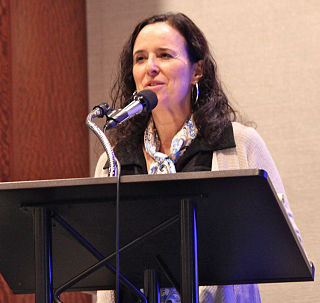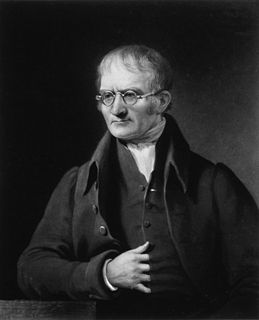A Quote by Jean Piaget
Much research in psychology has been more concerned with how large groups of people behave than about the particular ways in which each individual person thinks... too statistical. I find this disappointing because, in my view of the history of psychology, far more was learned, for example, when Jean Piaget spent several years observing the ways that three children developed, or when Sigmund Freud took several years to examine the thinking of a rather small number of patients.
Quote Topics
About
Because
Been
Behave
Children
Concerned
Developed
Disappointing
Each
Each Individual
Examine
Example
Far
Find
For Example
Groups
History
How
Individual
Jean
Large
Large Groups
Learned
More
Much
Number
Observing
Particular
Patients
People
Person
Psychology
Rather
Research
Several
Small
Spent
Statistical
Than
The History Of
Thinking
Thinks
Three
Too
Took
View
Ways
Which
Years
Related Quotes
One thing that you and I know is language. Another thing that you and I know is how objects behave in perceptual space. We have a whole mass of complex ways of understanding what is the nature of visual space. A proper part of psychology ought to be, and in recent years has been, an effort to try to discover the principles of how we organize visual space. I would say that the same is true of every domain of psychology, of human studies.
To understand most important ideas in psychology, you need to understand how the mind is divided into parts that sometimes conflict. We assume that there is one person in each body, but in some ways we are each more like a committee whose members have been thrown together to do a job, but who often find themselves working at cross purposes.
I think sociologists are among the best at thinking about emergence, of thinking about the ways that the society is more than the sum of the individuals. And I've found that much of the wisest writing on human social nature comes from sociology and anthropology, not from my own field of social psychology.
Plainly, such an approach does not exclude other ways of trying to comprehend the world. Someone committed to it (as I am) can consistently believe (as I do) that we learn much more of human interest about how people think and feel and act by reading novels or studying history than from all of naturalistic psychology, and perhaps always will; similarly, the arts may offer appreciation of the heavens to which astrophysics cannot aspire.
In anthropology, which historically exists to 'give voice' to others, there is no greater taboo than self-revelation. The impetus of our discipline, with its roots in Western fantasies about barbaric others, has been to focus primarily on 'cultural' rather than 'individual' realities. The irony is that anthropology has always been rooted in an 'I' - understood as having a complex psychology and history - observing a 'we' that, until recently, was viewed as plural, ahistorical, and nonindividuated.
For several years I've been writing 100-word pieces. More recently I've been putting them together in groups of two and three. I don't see them as sequences, but rather as companion pieces, the way that diptychs often work. The idea comes originally from the paintings of Michael Venezia who places blocks of painted wood next to each other. Proximity is a godsend. The quote is from Wallace Stevens.
The science of psychology has been far more successful on the negative than on the positive side... It has revealed to us much about man's shortcomings, his illnesses, his sins, but little about his potentialities, his virtues, his achievable aspirations or his psychological health... We must find out what psychology might be if it could free itself from the stultifying effects of limited, pessimistic and stingy preoccupations with human nature.
If you look back at history or you look at any place in the world where religious groups or ethnic groups or racial groups or political groups are killing each other, or families have been feuding for years and years, you can see - because you're not particularly invested in that particular argument - that there will never be peace until somebody softens what is rigid in their heart.



































